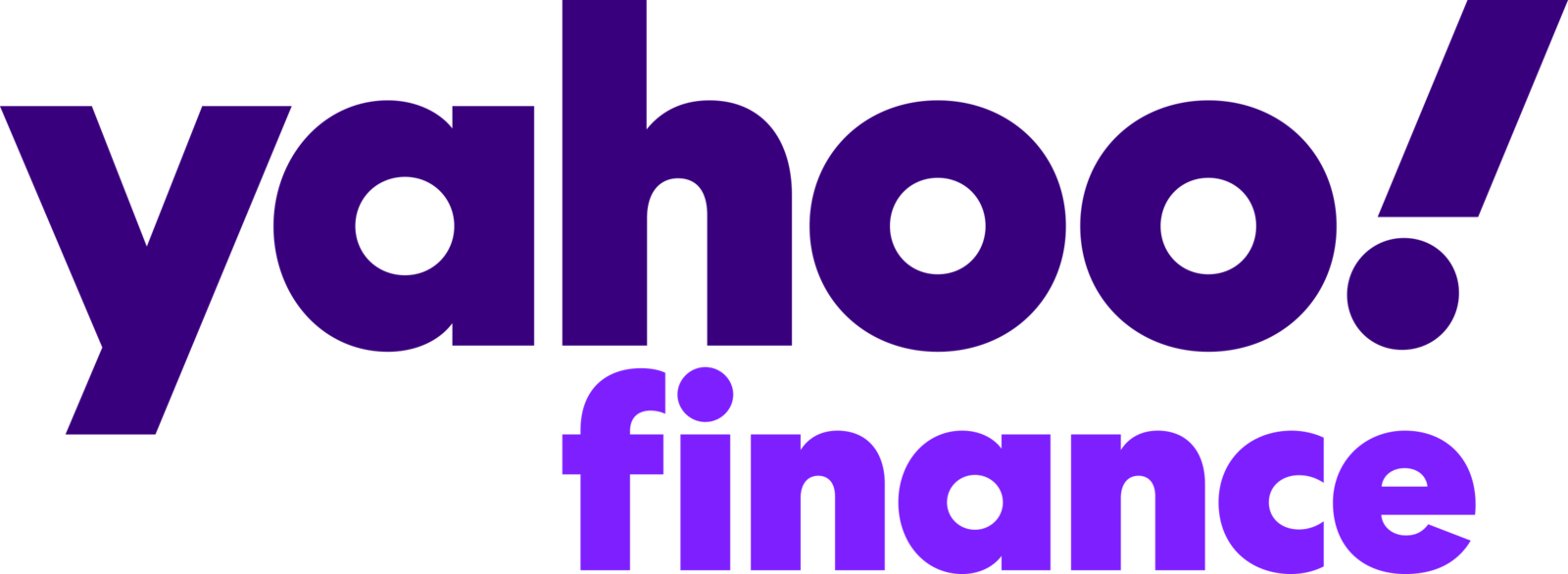What to know when looking at student loan interest rates
By: Aly Yale | Source: Fox Business
“Private student loan interest rates depend on several different factors, some of which are in your control — and some that aren’t,” says Howard Dvorkin, a certified public accountant and chairman at Debt.com. “Depending on the lender, your credit score and market trends could have an effect on your rate.”








